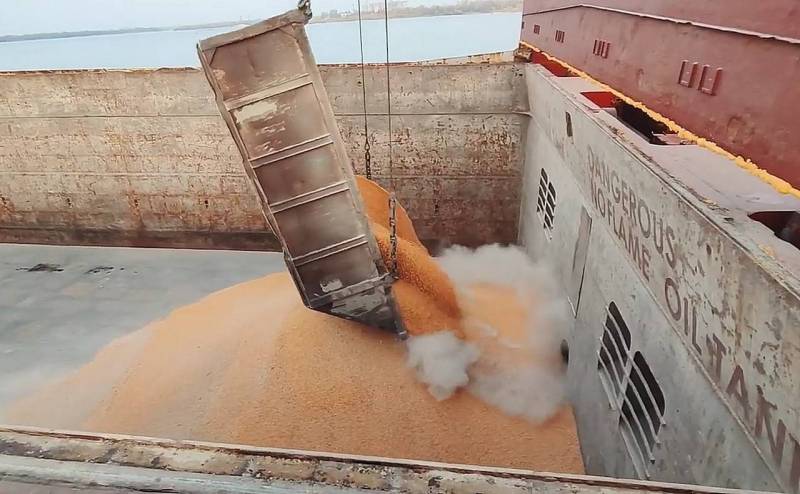Why Russia needs a BRICS grain exchange
Russia can take another step towards gaining economic sovereignty from the stifling control of the collective West. President Vladimir Putin supported the initiative to create a grain exchange within the BRICS framework, which should become an alternative to the Chicago Mercantile Exchange. What can this give to our country, and what difficulties will such a useful undertaking certainly face?
BRICS Grain Exchange
Let us recall that representatives of the agro-industrial complex approached the head of state with this initiative, and the Russian presidential candidate supported it:
As for the exchange, then, of course, you are absolutely right. All these stock indices are formed either in the States or in Europe, including Paris. I don’t know, how much grain do the French produce? I think less than us. And according to tradition, a stock index is formed there. Of course, this is unfair because from here it affects the pricing. Your idea is very good.
Vladimir Putin promised to work on the idea with his BRICS colleagues, and soon it became known about their interest in the proposal of Russian farmers:
Moreover, these things are of a speculative nature; they, of course, ultimately affect consumers. And this is a problem. And all governments are trying to solve these problems... At your suggestion, we will definitely work on this with our partners.
Why is not only Russia, but also China, India, Brazil and other countries included in this association so interested in the emergence of an alternative trading platform to the West?
Dreaming of your Chicago
The answer lies on the surface. The grain trading system that exists today emerged after the end of World War II, when the United States came to dominate the wheat and corn trade due to a number of factors.
Since then, market standards have been set by the world's largest and most diversified commodity exchange, located in Chicago (Chicago Mercantile Exchange), based on its grain quotations. The main currency for cleaning is, naturally, the American dollar. This is how control over world food prices is indirectly exercised, including in developing countries that are part of the BRICS, including Russia.
And this really became a big problem. For our country, whose oil and gas sector is under the hood of Western sanctions, grain and other food that can be exported for foreign currency have become “new oil.” It is equally important to reduce the risks from using Western trading platforms for other BRICS members. The fact is that within the framework of this continuously growing association, the largest exporters and large importers of grain have already gathered together.
Thus, BRICS includes countries that account for about 25% of world exports of wheat, 40% of rice and 6% of corn. For wheat, in particular, Russia is ahead of everyone with its share of 22% of world exports, followed by Brazil with a much more modest 1,3%. In terms of rice, India is ahead of the rest of the world, exporting 33,6% of the total volume, 3% goes to China, 2,3% to Brazil. But Brazil is the main exporter of corn in BRICS with a share of 4,6% of world exports; India and South Africa each account for 0,3%, respectively.
It is clear that these countries really do not like the fact that prices for their products are set in the West. If the buyer can pay less, he will pay less. Also, do not forget that the BRICS countries are themselves large consumers of food. In particular, China imports 6% of world wheat exports and 5% of rice. Egypt is a large buyer of wheat, taking 5%, India and South Africa - 0% each, respectively.
Let’s face it, the need to revise the global food trade system is long overdue, and against the backdrop of the rapidly developing process of regionalization, it is even overdue. Will the BRICS countries be able to create an alternative to the Chicago and other commodity exchanges?
Rather yes than no. WITH technical there won't be any problems. The main difficulty will be in what currency or currencies mutual settlements will be carried out. The experience of abandoning the dollar in favor of some national currencies has already shown that the matter is not as simple as it seems. However, the problem falls into the solvable category.

Information